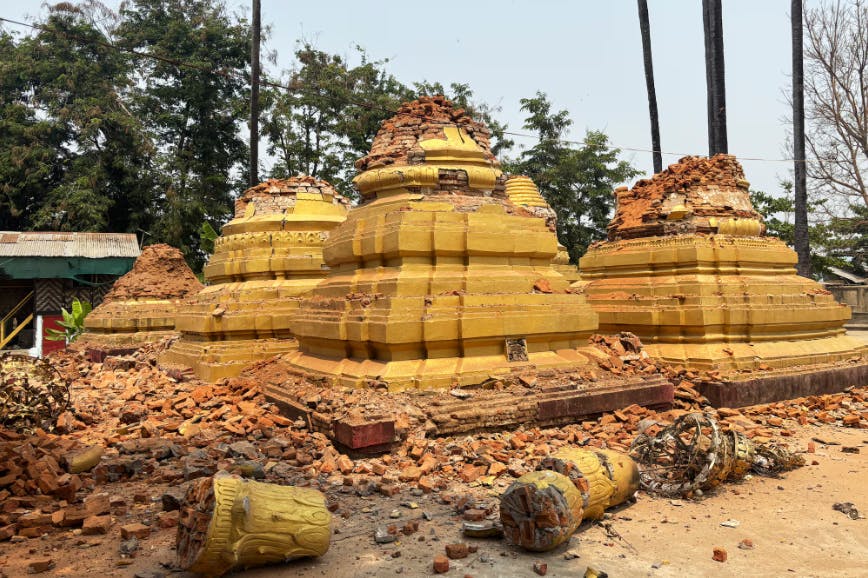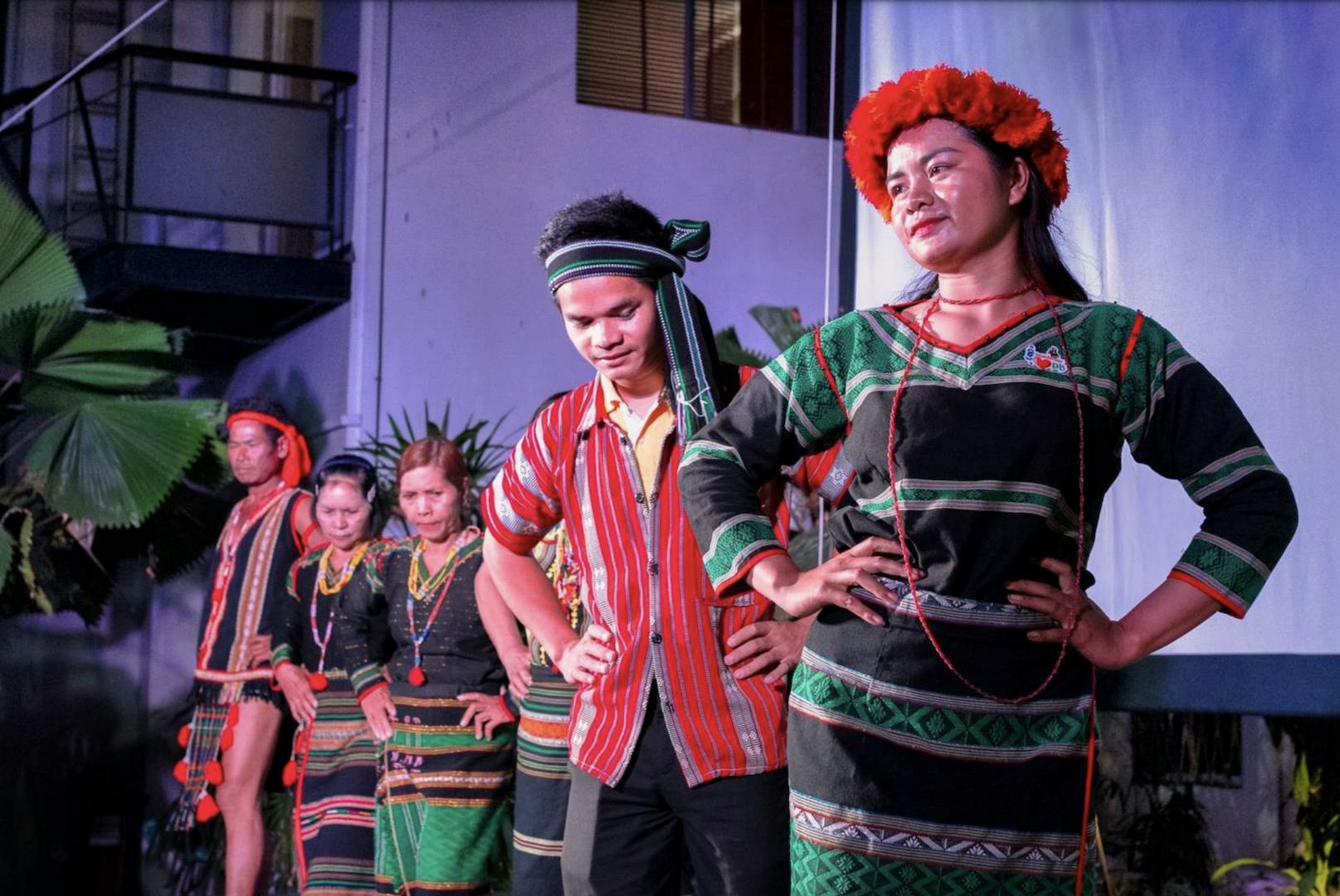Important emblems of Jewish life in North Africa
- Stephanie D. Ortiz

On October 16, we were thrilled to announce the 2018 World Monuments Watch, our biennial effort to elevate citizen-led conservation initiatives to a global stage. Each of the 25 sites on the 2018 Watch represents a remarkable work of human achievement, but each site is also a critical place of meaning for a community of people.
The 2018 Watch includes two important sites of Jewish heritage—the Jewish Quarter of Essaouira, in Morocco; and Eliyahu Hanavi Synagogue, in Alexandria, Egypt. World Monuments Fund's Jewish Heritage Program has championed the conservation of and advocacy for Jewish heritage sites in Europe, North Africa, and South Asia. The synagogue in Egypt and the Jewish quarter in Morocco are sites of memory for once-flourishing Jewish communities. They carry important stories about the diaspora, and stand as important reminders of the diversity of Jewish experience. I hope you’ll enjoy learning a bit more about them.
The Jewish Quarter of Essaouira was the thriving heart of a large Jewish community in this port city in Morocco. At its height the Jewish community made up 40% of the city’s population, and the Jewish Quarter was an important symbol of cultural pluralism in Morocco at the time. Since the founding of the state of Israel, the quarter has lost around 98% of its Jewish population after centuries of habitation. Today it has become a pilgrimage site for many former residents and descendants of Moroccan Jews, who visit the city in increasing numbers each year. There is an urgency to document and tell the story of Essaouira’s Jewish Quarter and the role it played in the city’s cultural and religious pluralism before it is forgotten. The 2018 World Monuments Watch calls for the documentation and interpretation of the Jewish Quarter of Essaouira as a symbol of the peaceful coexistence between religions to contribute to intercultural and interreligious dialogue to fight intolerance today.
Eliyahu Hanavi Synagogue is one of two remaining synagogues in Alexandria, Egypt and was the last functioning synagogue in Egypt until it was closed in 2012 due to security concerns. The synagogue is one of the largest in the Arab world, and is a witness to a disappearing Jewish community. Though numbering over 40,000 at its height, today the remaining Jewish community in Alexandria contains fewer than 10 elderly members. Earlier this year, the Egyptian Ministry of Antiquities allocated 40 million Egyptian pounds for emergency repairs and restoration of the Eliyahu Hanavi Synagogue, where a portion of the roof had collapsed, exposing it to the elements. The support is a sign of growing interest from the local authorities in the preservation of minority groups’ heritage. For Egyptian Jews living around the world, the Eliyahu Hanavi Synagogue stands as an emblem of the community’s millennia-long legacy. For local residents and authorities, it is a symbol of Egypt’s historical pluralism, when diverse national and religious communities lived and worked together in a spirit of conviviality and religious freedom. Inclusion on the 2018 World Monuments Watch aims to keep alive the memory of a once-flourishing Jewish community.
Each 2018 Watch site is a unique place of artistry that carries a distinctive meaning for a community of people. We look forward to working with the nominators and local communities of these important heritage sites to develop opportunities for collaboration and support. Over the year ahead, we hope you’ll join us to and help work for a brighter future for these treasured places and the communities that cherish them.
Stephanie D. Ortiz
A staff member of WMF since 2011, Stephanie Ortiz currently oversees WMF’s conservation field projects in Latin America and the Caribbean. She completed a Master of Architecture degree with advanced certificates in Heritage Studies, Documentation, and Conservation from the University of Puerto Rico School of Architecture in 2009, and received an MS in Historic Preservation from Pratt Institute in 2011. At WMF, Stephanie has worked with local partner institutions and professionals in a variety of projects around the world. Some of her projects in Latin America and the Caribbean include post disaster recovery projects in Mexico (Archaeological Zone of Monte Albán and Atzompa) and Puerto Rico (Central Aguirre); coordination of international conferences and workshops in Guatemala (International Workshops on Architectural Covers in Archaeological Contexts) and Cuba (Hablemos de la Habana), and advocacy campaigns through the World Monuments Watch.










